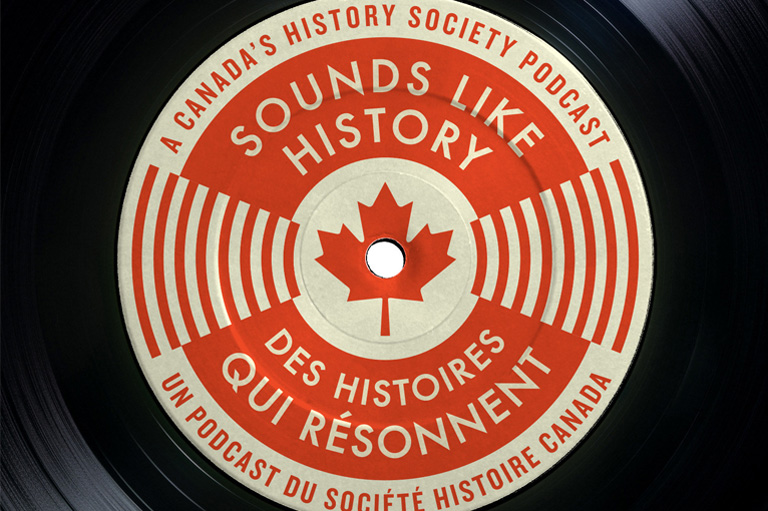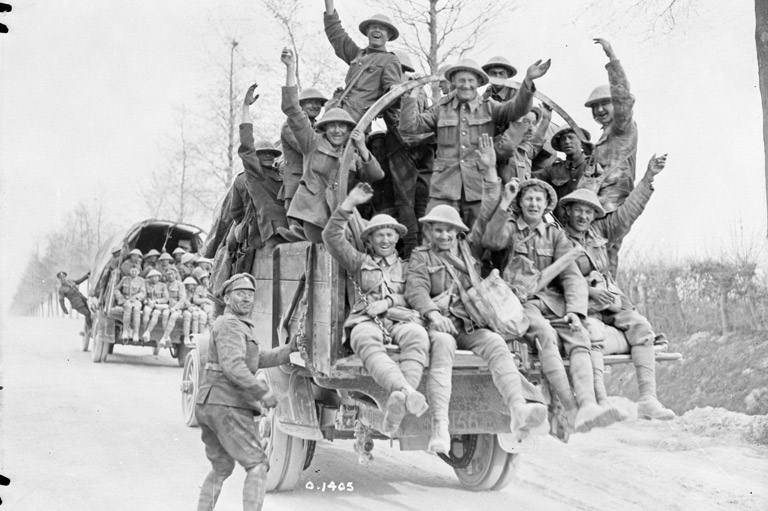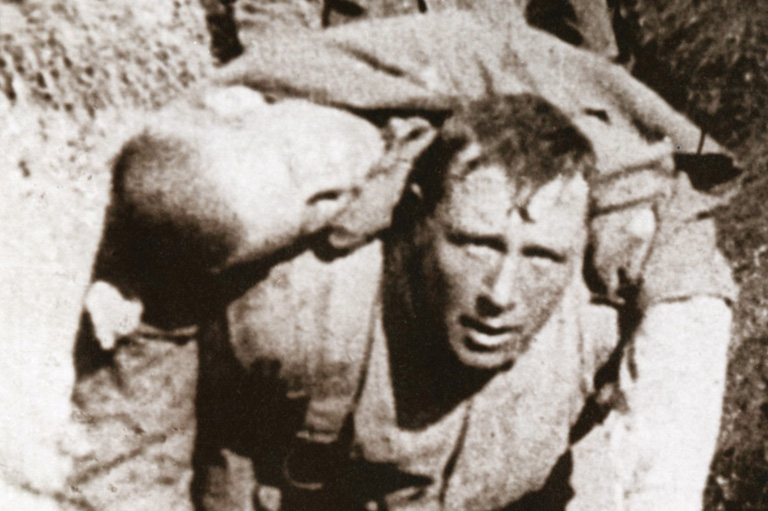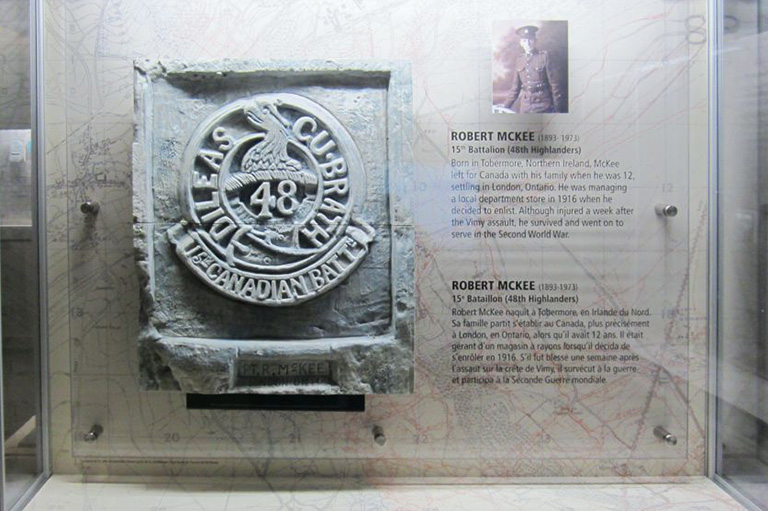Voices of Vimy
The victory at Vimy Ridge, France, one hundred years ago, remains Canada’s most storied attack of the First World War. Beginning on April 9, 1917, all four Canadian divisions advanced side by side for the first time in a single attack. But the victory came at a cost: During four days of fighting, Canada suffered more than ten thousand casualties.
While the success at Vimy filled most Canadians with national pride, it left many families to mourn the loss of their loved ones. The memory of the battle — and the impact it had on the country – continues to resonate.
Today, war letters offer a window on that long ago time. Here, in their own words, are the stories of the soldiers who fought, and the loved ones back home who cherished them.
A Note About the Music
- Opening Theme: “The Planets, Op. 32; Jupiter,” by Gustav Holst, 1914–1916
- William Bell: “Keep the Home Fires Burning,” by Ivor Novello, lyrics by Lena Guilbert Ford, 1914
- B.R. Empey: “Symphony No. 3; A Pastoral Symphony,” by Ralph Vaughan Williams, 1922
- Maurice Bracewell: “The Planets, Op. 32; Saturn,” by Gustav Holst, 1914–1916
- George Broome / Violet Moyer: “Symphony No. 9 in E minor, Op. 95; From the New World,” by Antonín Dvořák, 1893
- Sydney Winterbottom: “Good Luck to the Boys of the Allies,” by Morris Manley, 1915
- Sydney Winterbottom: “Scotland the Brave” – Traditional, Early twentieth century
- Frank J. Whiting: “Variations on an Original Theme, Op. 36; Var. IX – Nimrod,” by Edward Elgar, 1898–1899
- Frank J. Whiting: “The Last Post” – Military, seventeenth century
- End Credits: “The Lark Ascending,” by Ralph Vaughan Williams, 1914 (Revised 1920)
The pieces of music used in “Voices of Vimy” were chosen not only for their aesthetic qualities, but also for their historical significance. Several musicians and composers participated in the First World War, and many were deeply affected by their experiences. Listen to the soundtrack.
In 1914, Gustav Holst attempted to enlist in the military but was declared unfit for service. During the war he composed the “Planets” suite which became one of the most widely recognized and influential compositions of the twentieth century. Ralph Vaughn Williams’ “Pastoral Symphony” was a response to the carnage of the Great War. While the piece has a mostly serene atmosphere, Vaughan Williams’ use of dissonance ominously evokes the aftermath on the battlefields he had witnessed in France. After the Armistice, Edward Elgar’s “Nimrod” variation became a Remembrance Sunday tradition in Britain. The Largo from Antonín Dvořák’s “New World Symphony” was later adapted as “Goin’ Home,” and soon became a standard tune for somber memorial occasions.
Two vintage recordings of popular songs from the era can be heard in this podcast: “Keep the Home Fires Burning” was a popular song in Britain at the outbreak of the First World War. The song encouraged soldiers’ families and loved ones to remain hopeful “’Till the boys come home.” “Good Luck to the Boys of the Allies” was written by Toronto composer Morris Manley. The lyrics gave a joyful send-off to “Johnny Canuck” and all the other Allied soldiers fighting in the Great War.
You can find this podcast on iTunes and Google Play. Subscribe to our podcasts on any of those platforms and you won’t miss future episodes!
We hope you’ll help us continue to share fascinating stories about Canada’s past by making a donation to Canada’s History Society today.
We highlight our nation’s diverse past by telling stories that illuminate the people, places, and events that unite us as Canadians, and by making those stories accessible to everyone through our free online content.
We are a registered charity that depends on contributions from readers like you to share inspiring and informative stories with students and citizens of all ages — award-winning stories written by Canada’s top historians, authors, journalists, and history enthusiasts.
Any amount helps, or better yet, start a monthly donation today. Your support makes all the difference. Thank you!
Themes associated with this article
Advertisement
You might also like...
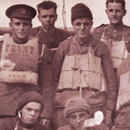
The war that changed Canada forever is reflected here in words and pictures.

